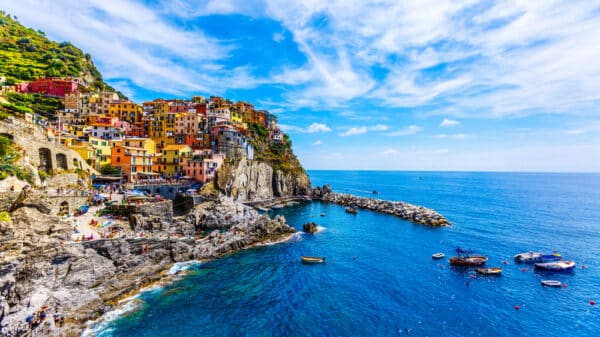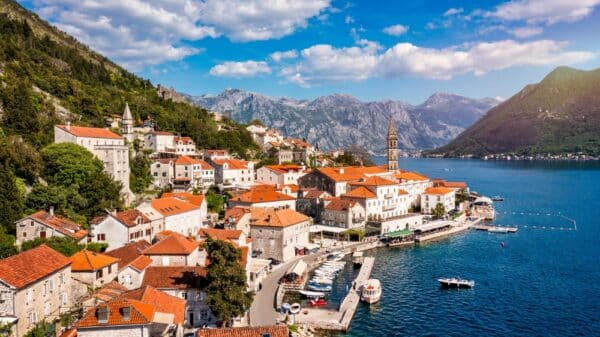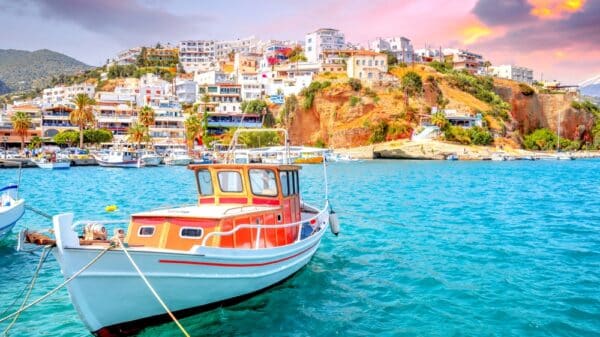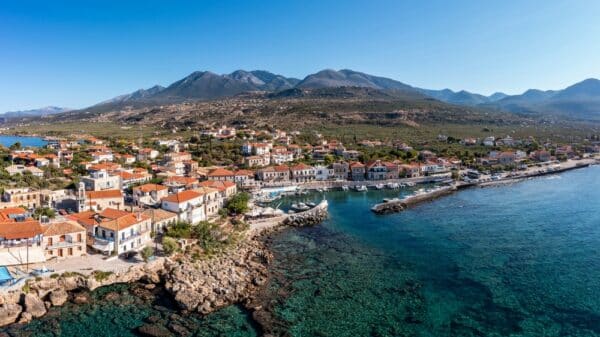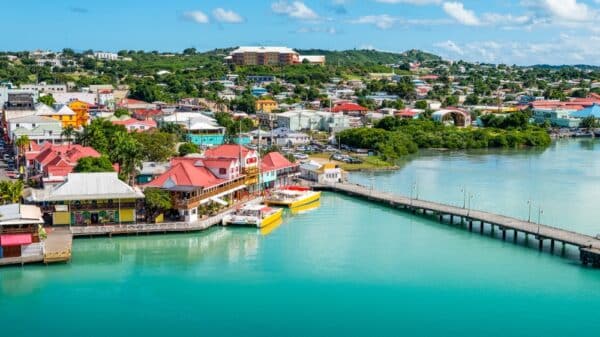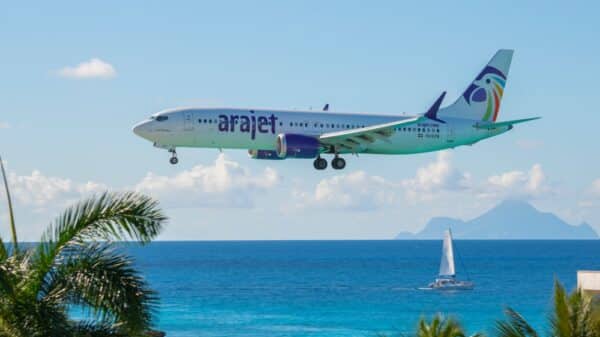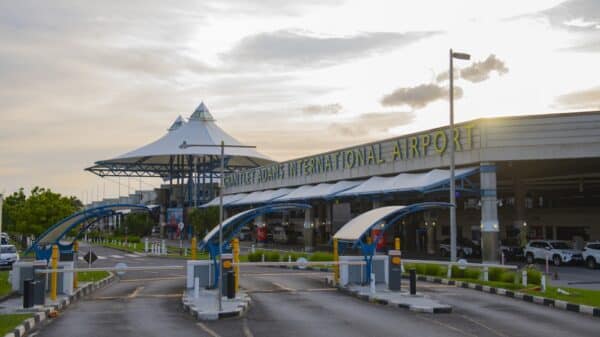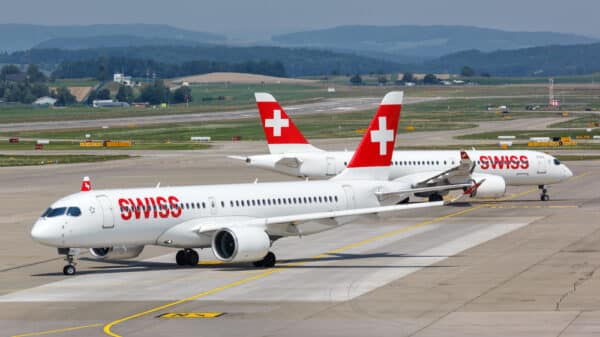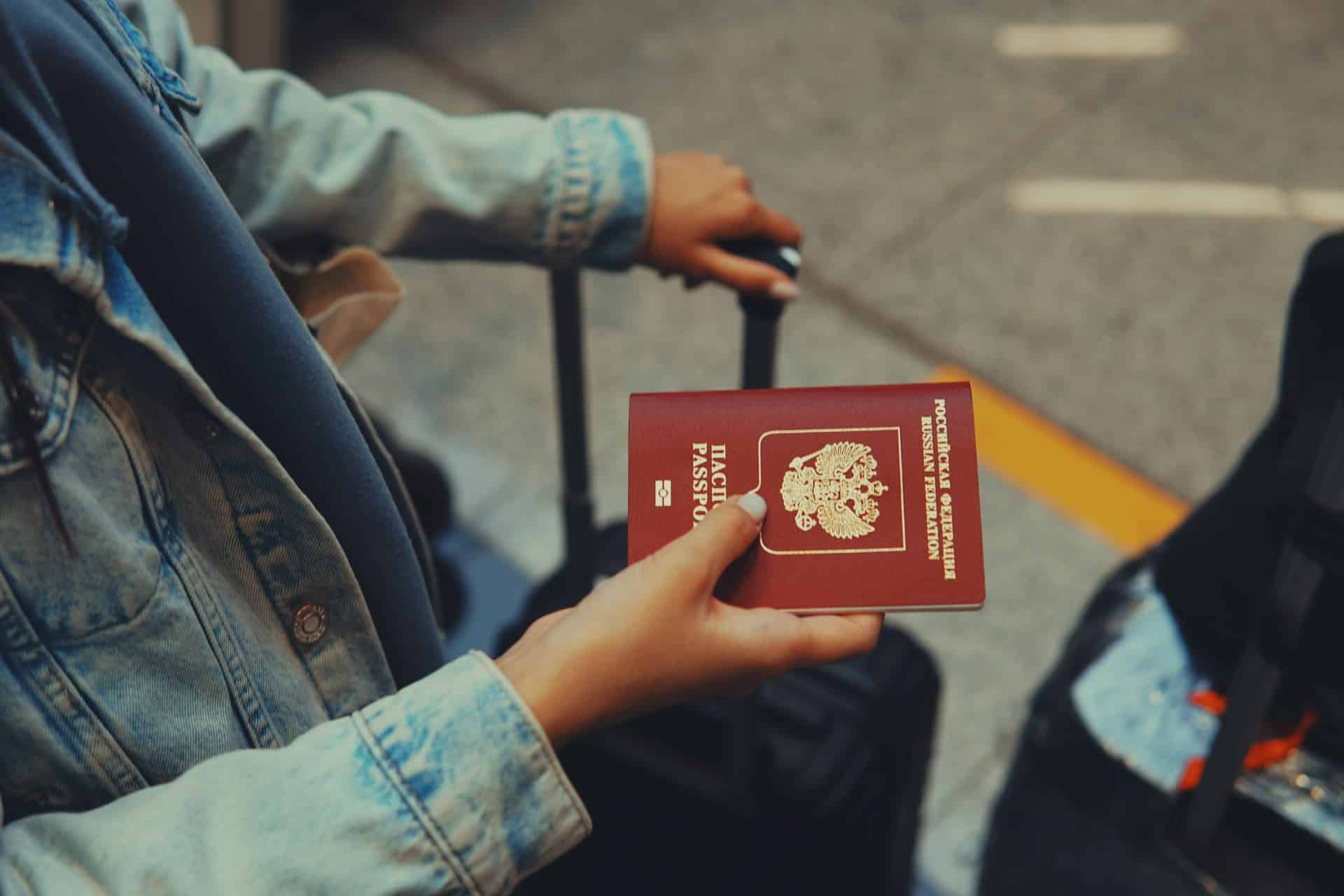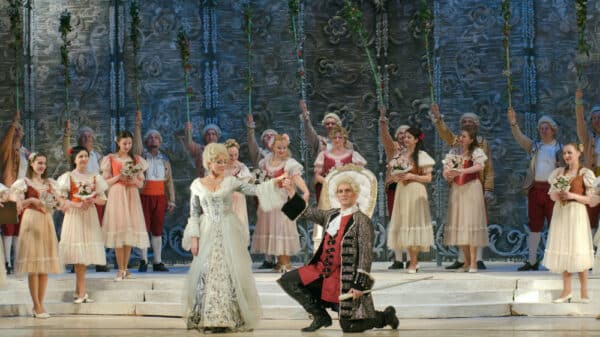As the conflict in Ukraine persists, the European Union (EU) is reassessing its approach to Russian nationals traveling within its borders. The latest discussions in the EU revolve around implementing stricter visa policies for Russian tourists and limiting the movement of Russian diplomats. With the EU’s new sanctions package on the horizon, the landscape of travel and diplomacy is set for significant adjustments.
Surge in Russian Tourism and Its Implications
Recent statistics reveal a notable increase in Russian tourists visiting Europe, with over half a million Schengen visas issued to Russian citizens in 2024. This influx has led to questions regarding the moral implications of tourism amidst ongoing military actions. While nations like Poland, the Baltic States, and Finland have tightened their visa regulations, popular destinations such as Italy, Spain, Greece, and France have adopted a more flexible stance, prioritizing tourism revenue over political sentiment.
Several EU member states express concern over this influx, particularly regarding wealthier segments of the Russian population who can travel freely while their government engages in aggression. Many are calling for a unified policy across the bloc to avoid discrepancies that could undermine collective sanctions.
The Controversy of a Total Ban on Russian Visitors
Among the more assertive proposals is a complete ban on Russian tourists. This idea is under serious consideration and requires a qualified majority to pass. Proponents argue that allowing Russians unrestricted access to Europe while their government is involved in conflict is untenable. However, this suggestion is met with resistance from countries heavily reliant on the economic benefits of Russian tourism, leading to a split within the EU.
Countries like Italy, Spain, Greece, and France face a dilemma: balancing the need for economic stability against the backdrop of ongoing geopolitical tension. The debate is emblematic of the broader struggle within the EU to maintain a united front while respecting individual national interests.
Diplomatic Movement Restrictions
In addition to the discussions around tourist visas, there is a parallel effort to restrain the movement of Russian diplomats within the EU. A proposed measure would limit these diplomats to the confines of the country where they are accredited, effectively suspending certain Schengen rights. This initiative has found support particularly among member states resistant to Russian influence, such as Czechia, which has confronted multiple incidents involving espionage.
The Czech Foreign Minister, Jan Lipavský, has underscored the need for such restrictions by citing incidents that underscore the potential for abuse of diplomatic privileges. The argument holds that restricting movement is essential for safeguarding the security of EU nations against covert activities.
Challenges in Implementing Diplomatic Restrictions
Despite growing sentiment for tighter control over Russian diplomats, consensus on enforcement remains elusive. The absence of robust internal border controls within the Schengen Area complicates the feasibility of monitoring such measures. There are also concerns over possible retaliation from Russia, which could further damage EU-Russia relations.
Member states worry that implementing restrictions may lead to reciprocal actions by Moscow, in which case the EU could find itself in a diplomatic quagmire characterized by escalating tensions.
Conclusion
As the EU grapples with the complexities of Russian tourism and diplomatic relations, it faces a challenging path forward. The balance between enforcing stringent policies against Russian nationals and maintaining economic stability is fraught with difficulty. New sanctions and measures are likely to be introduced in the near future, reflecting the EU’s ongoing adaptations to the geopolitical landscape. Moving forward, member states must navigate the delicate interplay of security concerns, economic interests, and the broader implications of their diplomatic choices.
Image Source: Unsplash

